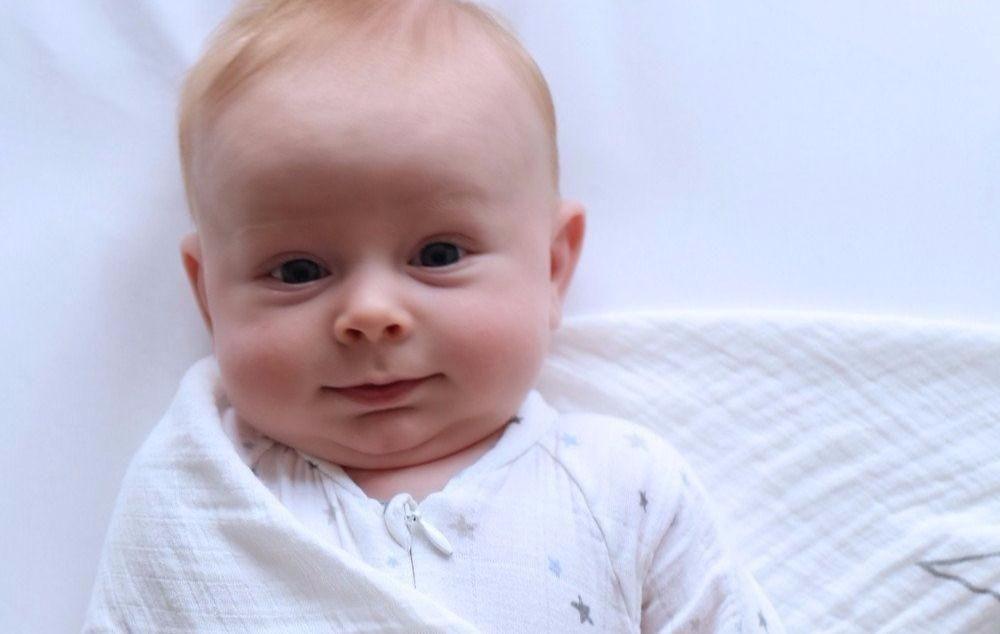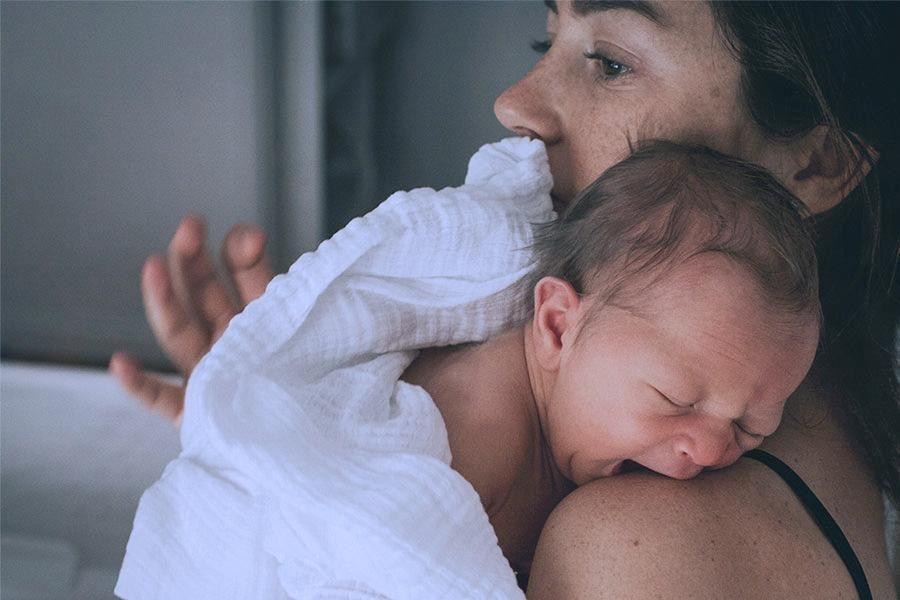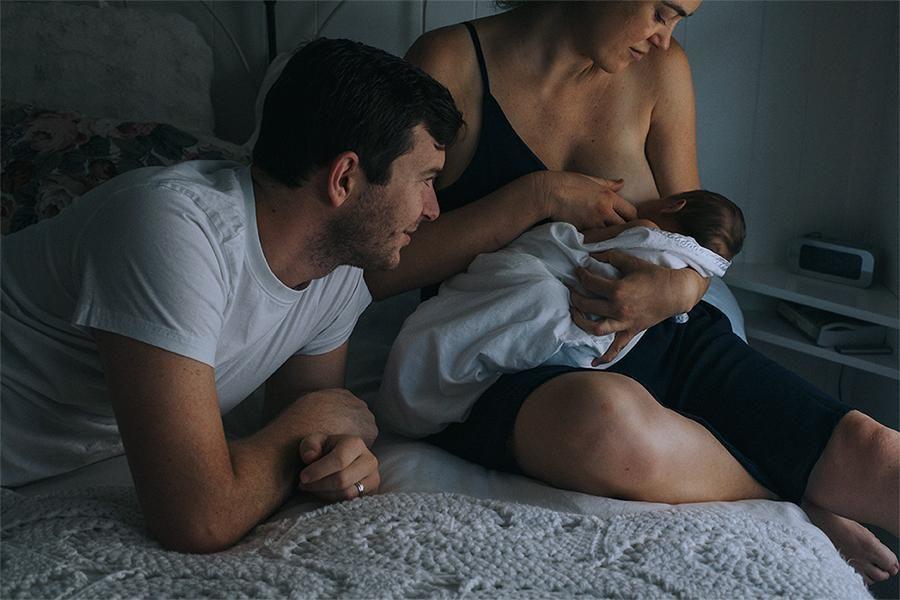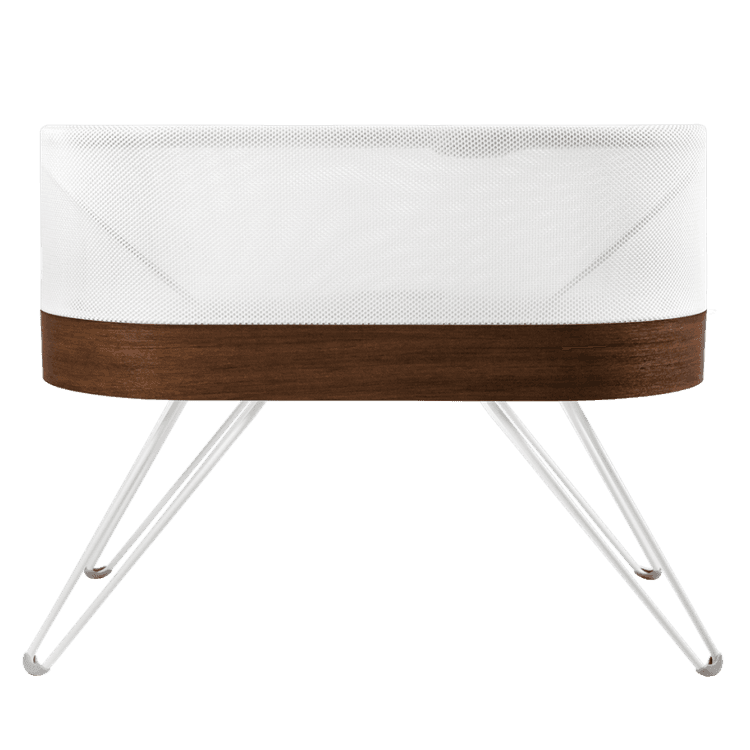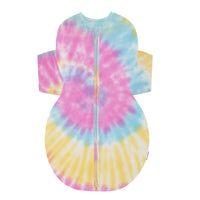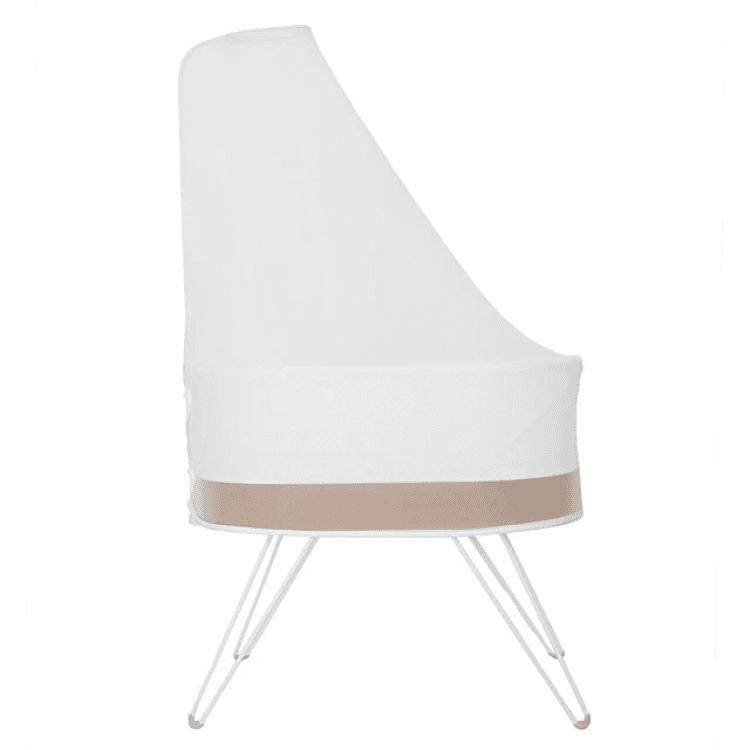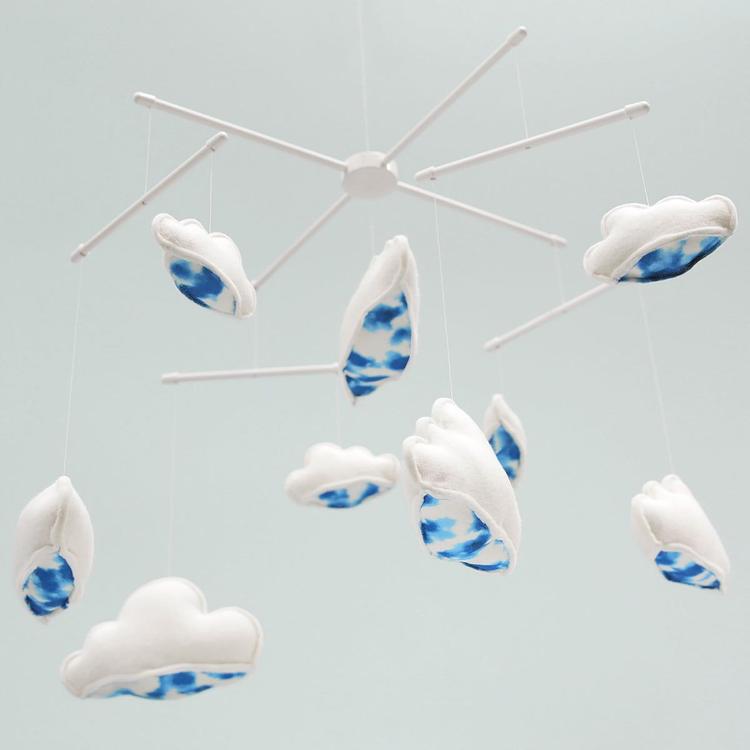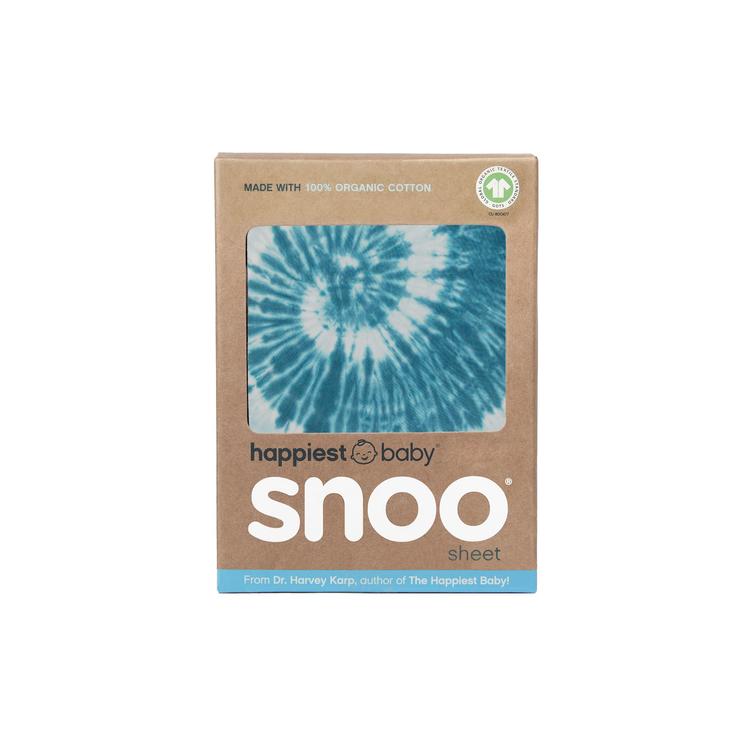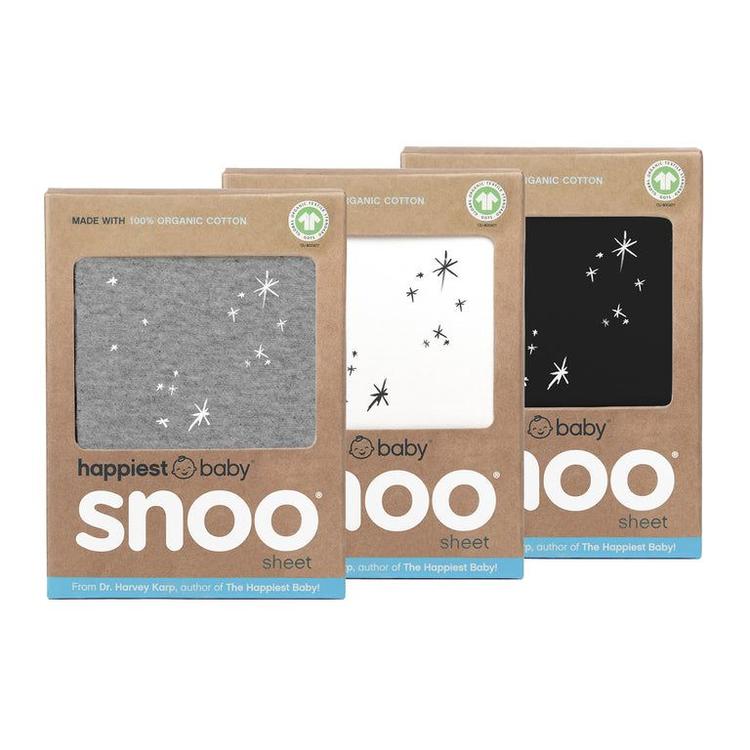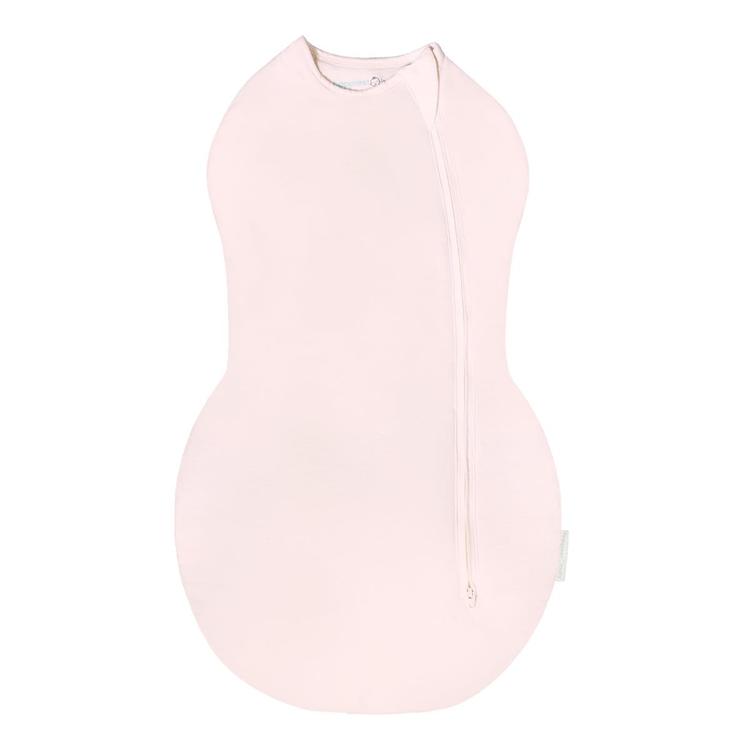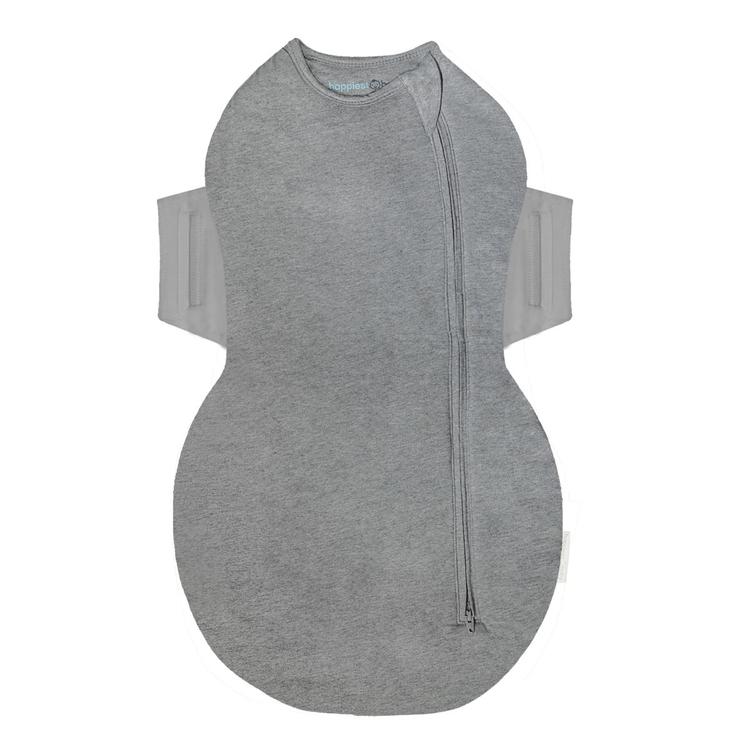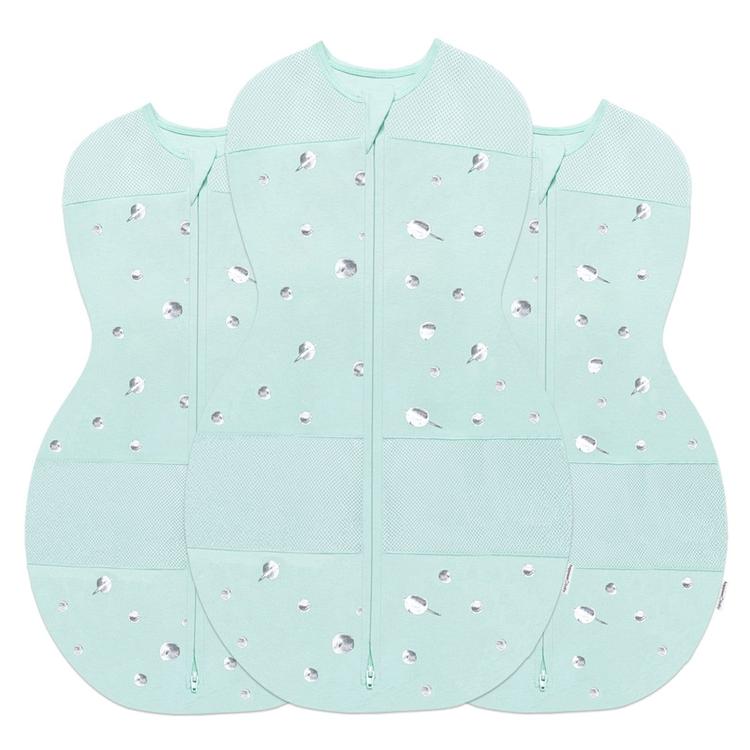TODDLER
How & When to Stop Dummy Use
Dr. Karp's techniques that'll help you wean the binky.

Written by
Dr. Harvey Karp
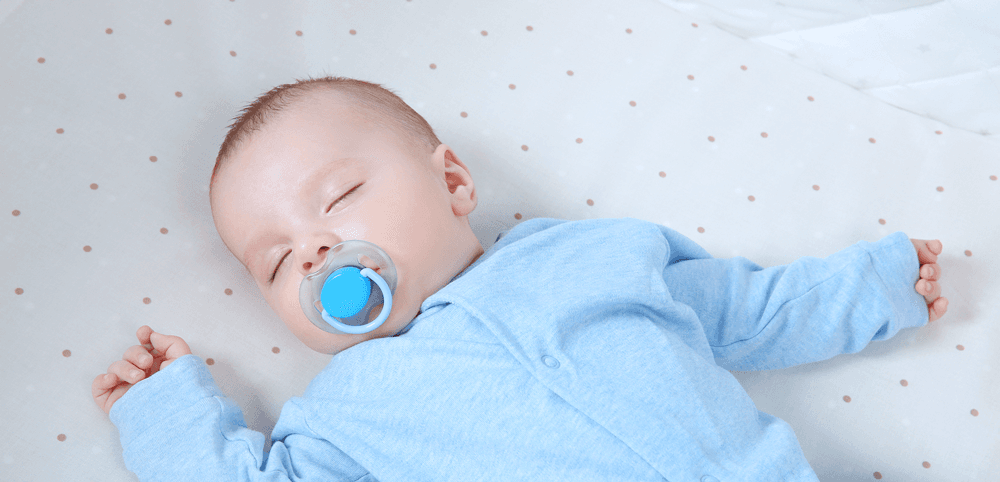
Sucking is deeply soothing for little kids, and that is why it is one of the 5 S’s. But parents are constantly pushed by others (or by that little voice in their head) to break the dummy habit.
When to Take Away a Dummy
The easiest time to wean the dummy is around 6 or 7 months of age. You can reduce dummy use from many times a day to nothing, in less than a week.
The Lullaby Trust recommends limiting or stopping dummy use between 6 and 12 months to aid in decreasing the risk of ear infections, especially if your child is prone to them. But, there is no hard and fast rule. Dummies can aid in relieving stress, in situations like starting daycare or traveling to a new place.
After 9 months, though, children may develop an emotional attachment to their dummy. That does not mean you should rush your little one to give it up—just be prepared for more protests after this age and difficulty in getting rid of the dummy.
At What Age Should You Wean and Stop Dummy Use
Most children are emotionally ready to wean off the dummy by 2-4 years. So, you might want to start planting the seed in your child's mind that the day to say goodbye is coming. From time to time, you might say something like, ‘When kids turn 3, the dummy fairy flies away with old dummies and brings back new toys! I wonder what she will bring you!’
How to Stop Dummy Use
If you are tired of picking up the dummy your child keeps tossing out of the cot, or if he’s getting ear infections (from the dummy), or if you are just ready to wean it, here is how to do the job.
Tips for Weaning Dummy Use
- Use patience-stretching and magic breathing every day to help him learn to calm his worries and delay his desires—without sucking.
- Encourage him to use other loveys like a blankie, teddy or one of your silky scarves. (‘Honey, I will find your dummy in a second. Hold teddy while Mommy is getting it for you.’)
- Gossip to his stuffed animals about how he went all morning without the dummy.
- Tell fairy tales about a bunny who said goodbye to his dummy but had a magic teddy that made him feel happy every time he hugged it.
- Limit dummy use to certain situations like sleep or stressful times when your child needs calming.
- Establish a couple of ‘dummy-free’ times during the day. Start with 30 minutes—after a nap is a good time. I recommend you use a timer so your child does not keep bugging you to have it. (‘Sweetie, I know you want your dummy now!...but we have to wait for Mr. Dinger to ring and tell us you can have it. Remember, that is the rule! Hey, do you want to play with your cars or read a book while we are waiting for that crazy old Mr. Dinger to ring?’)
- Do not say you are giving the dummy to another baby. That may create jealousy every time he sees a baby with another dummy! (One parent told his 3-year-old that he was sending it to Santa’s workshop to make it into a new playground for little kids!)
- Discuss together when to give the dummy away. You might choose a special day, like his birthday (I prefer the fourth).
- Make sure there is something in it for him! Your child will have an easier time separating from his old friend if he gets something in exchange (like a great big-boy toy that you shop for together!).
- Put fun stickers around the ‘bye-bye dummy, hello (put in the name of the special gift)’ day on a calendar. Give him a red pen to cross off each day as you count down to the day.
Be positive, but do not get too excited. Some children suddenly balk and decide they are not ready yet. (‘Mum, sometimes I am not a big boy!’) And you do not want to make your child feel like a failure or make him think that he let you down. (‘Okay…I guess you love it so much you do not want to say bye-bye to it yet…maybe next week?’)
Taking Away a Dummy Can Take Time
If you are feeling pressure to break the dummy habit but know in your gut that your child is not ready, take a moment…for a little reassurance.
First, remember that in traditional cultures, toddlers often suck at the breast until 4 years of age.
Second, some kids have a strong genetic drive—on one or both sides of the family—to fall in love with a soothing object (dummy, thumb, teddy or security blanket), that is why removing the dummy often leads to more thumb sucking. (Dummies are better than thumbs because sucking on fingers can seriously distort the palate and teeth, leading to the need for uncomfortable—and expensive—braces later.)
Third, it may sound silly to say this, but your child’s dummy may become one of his deepest, closest friends.
And fourth, nobody ever goes to university using a dummy!
Disclaimer: The information on our site is NOT medical advice for any specific person or condition. It is only meant as general information. If you have any medical questions and concerns about your child or yourself, please contact your health provider. Breastmilk is the best source of nutrition for babies. It is important that, in preparation for and during breastfeeding, mothers eat a healthy, balanced diet. Combined breast- and bottle-feeding in the first weeks of life may reduce the supply of a mother's breastmilk and reversing the decision not to breastfeed is difficult. If you do decide to use infant formula, you should follow instructions carefully.
SHARE THIS ARTICLE
PARENT PICKS
Bestsellers

